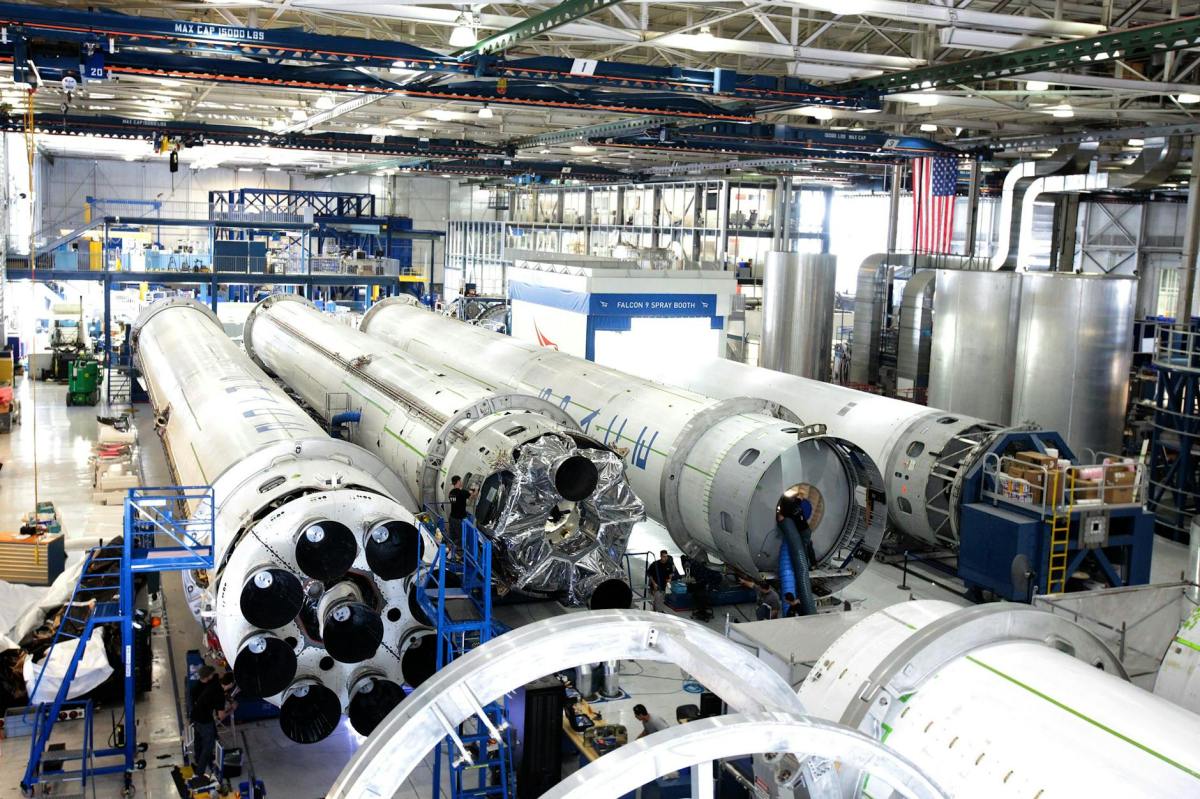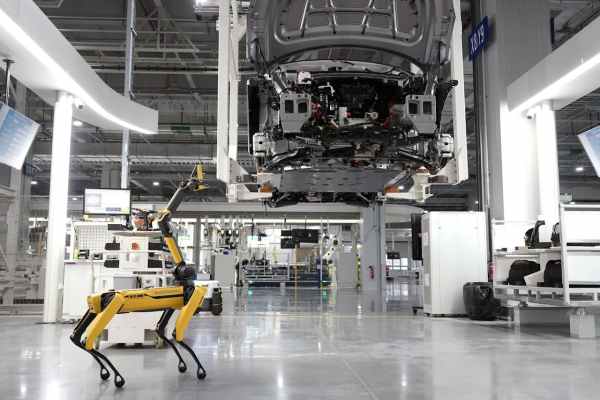With the emergence of Industry 4.0 and the changes it is generating in the way companies operate, they require new professional profiles adapted to the different needs that are arising.
Broadly speaking, this fourth industrial revolution needs jobs linked to technology, IT, robotics and engineering.
Technologies needed for Industry 4.0
Some of the technologies that make Industry 4.0 possible are Artificial Intelligence, the Internet of Things (IoT), Cybersecurity and Cloud Computing.
AI
Artificial Intelligence applied to Industry 4.0 is used to detect potential production problems, optimise processes, plan production or reduce the consumption of materials and energy.
IoT
The relationship between IoT and Industry 4.0 has to do with the ability of industrial companies to adapt the work of operators to the machines and the data they generate, adding value to production.
Cybersecurity
The need to be permanently connected by sharing sensitive data brings with it a risk. Therefore, this digital revolution must also be about security to prevent breaches through which cybercriminals can slip through.
Cloud computing
Cloud computing makes it possible to access large-scale, interconnected resources simply by having access to the Internet, which provides enormous operational flexibility.
Benefits of digitisation in industry
The digitisation of industry has a number of benefits:
- Adoption of digital capabilities. Accelerating digitisation means more connected and secure processes that enable the linking of the physical and digital worlds.
- Implementing the digital supply chain. Moving towards an interconnected, digital network serves to make better decisions in real time by fostering network-wide collaboration.
- Increased sustainability. The application of sustainability criteria in manufacturing, sourcing or distribution processes is a further sign of the increasing focus on the industry’s climate impact.
- Connected and remote worker. As we analysed earlier, Cloud technology makes possible the evolution of ways of working, providing greater flexibility.
Professional profiles with the highest demand in Industry 4.0
Linked to the technological developments mentioned above, we find a series of professional profiles in demand in Industry 4.0, a variety of new jobs that did not exist before, a feature common to all previous industrial revolutions.
The job profiles that are emerging in the heat of the fourth industrial revolution tend to be linked to the STEM branches.
Cybersecurity Expert
As we saw earlier, protecting companies’ data and systems is critical. Preventing cyber-attacks or digital risks, as well as implementing security protocols, etc., is part of the remit of cybersecurity experts.
Data scientist
The data scientist (or data scientist) is responsible for collecting data on both the manufacturing process and the results obtained. Subsequent decision-making based on this data will help different areas of companies to optimise their resources and procedures.
Robotics expert
This professional profile is responsible for designing and maintaining automated robotic systems. Despite the fact that the laws of robotics have been enunciated for decades, the progress of this discipline makes it possible for numerous complex processes to be carried out in an automated and remotely controlled manner.
For this reason, mastering the implementation of innovative solutions and automation or the configuration of equipment makes it one of the most sought-after profiles.
Chief Data Officer
The Chief Data Officer (or CDO) is in charge of overseeing data management, data quality and even implementing a data-driven strategy.
Business development and driving innovation can also be linked to this professional profile.
Conclusion
The need to create a more connected, secure, digital, efficient, agile and sustainable Industry 4.0 in conjunction with emerging technologies means that the professional profiles needed to adapt to this industrial revolution are becoming increasingly specific.
Experts in data, cybersecurity or robotics are becoming increasingly relevant when it comes to covering the professional demands that industry and the digital revolution in which it is immersed need.








